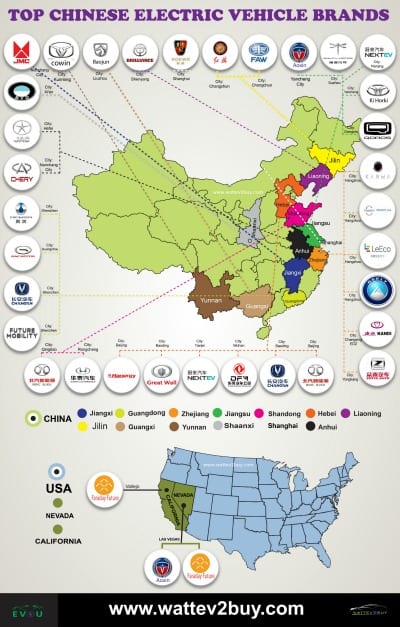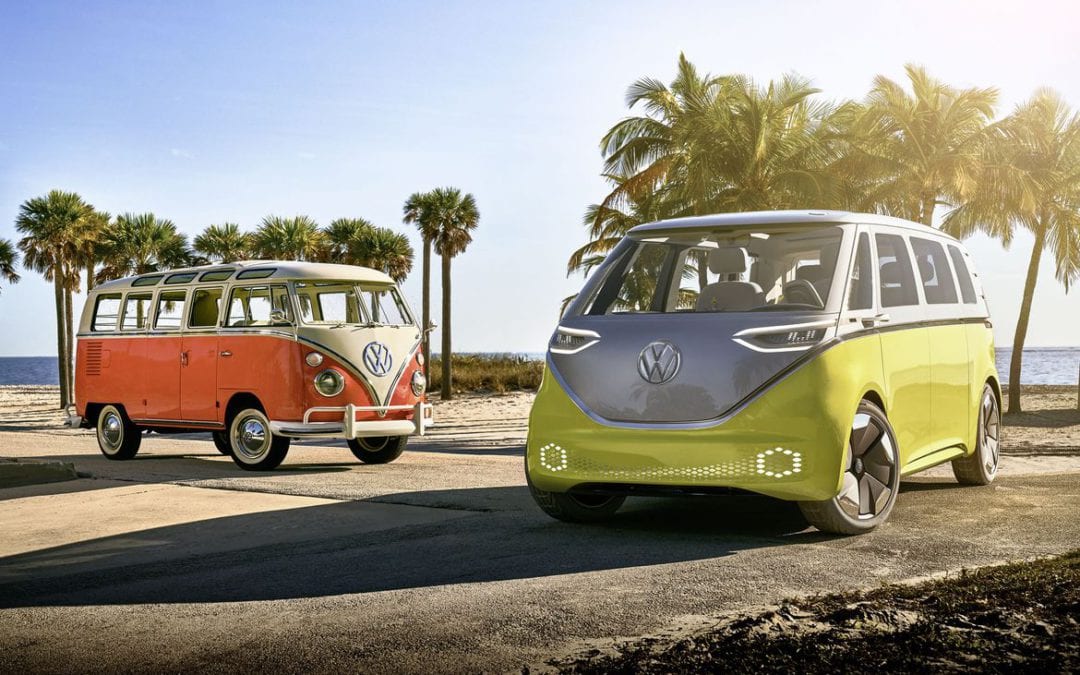#1 – VW Strategy – The future is electric, long live the combustion engine
The VW shareholders this week approved the automaker’s electric vehicle strategy, “TOGETHER – Strategy 2025” and accompanying budget at the AGM held in Hamburg. Unpacking the VW CEO, Matthias Müller’s, statements the VW strategy is – “The future is electric, long live the combustion engine.
The VW board recently upped its €3bn investment in alternative drive engines from the previous five years to €9bn by 2022. The company, however, will spend €10bn on cleaner combustion engines over the same period. VW sees conventional engines to be between 10% and 15% cleaner and efficient by 2020.
Mr. Muller was quoted as saying “We intend to be the No. 1 in e-mobility by 2025”. He went further elaborating how the company will achieve its strategy. “This is how the Group will be rolling out more than 10 new electrified models by the end of 2018. By 2025, we will be adding over 30 more BEVs.” The newly-established Center of Excellence in Salzgitter will bundle Group-wide competence in battery cells and modules. “At the same time, we are conducting intensive negotiations to establish partnerships in the field of battery cells in Europe and China. You will soon be hearing more about this”, the CEO added.
According to Müller, modern internal combustion engines will nevertheless be indispensable for the foreseeable future: “This applies also and especially to the Euro 6 diesel, despite the current heated debate.” In total, the Volkswagen Group will be investing around 10 billion euros in these technologies by 2022, Müller: “The internal combustion engine primarily is part of the solution, not part of the problem.”
The German automaker decided to use partnerships as a tactic in achieving its goal. Müller referred to several examples such as the plans to enter the economy segment with Tata, the envisaged joint venture with JAC in China to develop attractively-priced electric cars, and numerous cooperation projects in the field of mobility services.
The e-mobility sector is going to become very crowded for VW as most automakers have already embarked on the same strategy. See the reference to Ford later in this week’s newsletter. Daimler has already accelerated its strategy and brought forward its $11Bln investment from 2025 to 2022 this year. read our blog of this week where we compare the Daimler and BMW strategy.
#2 – Electric MotoGP from 2019
MotoGP enthusiast with a preference for electric bikes can finally look forward to their own Formula E-type event. The MotoGP franchise this week made it official that a support class, consisting of five races would be held from 2019 onwards. The races would initially only be held in Europe, with four manufacturers supplying 18 bikes on the grid. Similar to the Formula E the racing bikes would all be the same and is expected to reach speeds of 124mph (200km/h), which is slightly slower than their combustion counterparts.
While on the topic, the Formula E, which is now in its third season will host a race in Monaco this weekend. The franchise will also host an event in Paris next week.
#3 – GAC breaks ground on $6.5 bln electric industrial park
 China’s Guangzhou Automobile Group (GAC), a Top 10 Chinese automaker and voted as the “2016 BEST CHINESE CAR BRAND” in the official customer satisfaction survey broke ground on its $700 million 200,000 EV plant. The plant which forms part of a larger $6.5 industrial park which focussed on purely on the EV sector. GAC has international ambitions for its electric vehicles and this year introduced the GE3 BEV at the North American International Auto Show. The GE3 follows on the GAC GS4 concept EV introduced in 2015 at the Guangzhou A
China’s Guangzhou Automobile Group (GAC), a Top 10 Chinese automaker and voted as the “2016 BEST CHINESE CAR BRAND” in the official customer satisfaction survey broke ground on its $700 million 200,000 EV plant. The plant which forms part of a larger $6.5 industrial park which focussed on purely on the EV sector. GAC has international ambitions for its electric vehicles and this year introduced the GE3 BEV at the North American International Auto Show. The GE3 follows on the GAC GS4 concept EV introduced in 2015 at the Guangzhou A uto Show. The GE3 is expected to be market ready by 2018. The company launched its GA3S PHEV in July 2016. The GA5 PHEV, based on the Alfa Romeo 166 came to market in 2015 and had sold around 5,000 units by the end of 2016. The GAC Trumpchi GS4 SUV EV is available since mid-2016.
uto Show. The GE3 is expected to be market ready by 2018. The company launched its GA3S PHEV in July 2016. The GA5 PHEV, based on the Alfa Romeo 166 came to market in 2015 and had sold around 5,000 units by the end of 2016. The GAC Trumpchi GS4 SUV EV is available since mid-2016.
Guangzhou is a city in Guangdong Province, which also includes the city of Shenzhen where EV manufacturer Denza, Changan, and Future Mobility are present. Click on our interactive map to click through to the various Chinese EV manufacturers.
#4 – Bollinger teases electric pickup
While most auto companies are trying to play catch up with Tesla, pinning their hopes on producing a luxury electric SUV. While the auto companies race to capitalize on the popular vehicle class to carve out a lead in the sector, a huge gap is open in the form of electric SUTs (Sports Utility Trucks). Now history is repeating itself with start-ups rushing to fill the gap. This week Bollinger Motors, started in 2014 in Hobart NY State USA teased the Bollinger SUT. The tease in the form of a picture of the interior cabin follows on a rendering earlier this year of the outside reflection of the pickup. The company is taking $1,000 refundable deposits to secure a SUT that could be configured to your use requirements. Bollinger plans to unveil the vehicle by July 2017. The powertrain is said to be revolutionary. Last week Workhorse unveiled its W15 concept range extended electric pickup truck. The Workhorse W-15, by the Ohio-based company with the same name, is set to sell for $52,000 and have a 60kWh (40kWh nominal rated) battery pack, promising a range of 320 miles.
#5 – Think Tank predicts 95% of miles will be shared and autonomous by 2030.
CNBC ran an article on the prediction by the US thinktank RethinkX that 95% of miles traveled will be in electric powered autonomous cars by 2030. The controversial prediction is way above that of Boston Consulting which predicted that only 25% of such trips would be in self-driving or shared vehicles. Looking at the website of Tony Seba, a co-author of the RethinkX study, “Rethinking Transportation 2020-2030: The Disruption of Transportation and the Collapse of the ICE Vehicle and Oil Industries.” the report also predicts that only 20% of Americans will own cars by 2030.
The predicted shift in mobility leads into other news this week where Ford’s CEO was challenged on his strategy for the company, resulting in its performance lagging its competitors. Mark Fields, CEO since 2014, embarked on what is the auto sector icon’s biggest strategy shift in history by investing heavily in self-driving technology. The challenge for the Ford CEO’s strategy is that he has one foot in the future and one in the present, resulting in an earnings decline of 42%.








